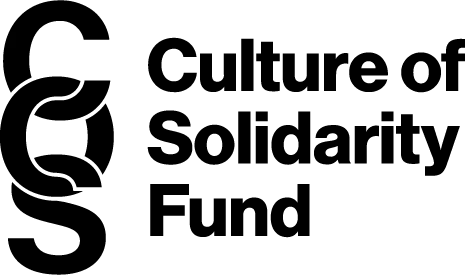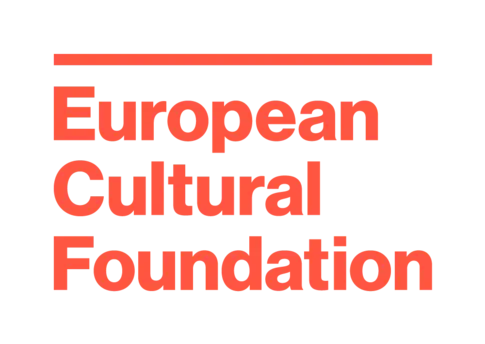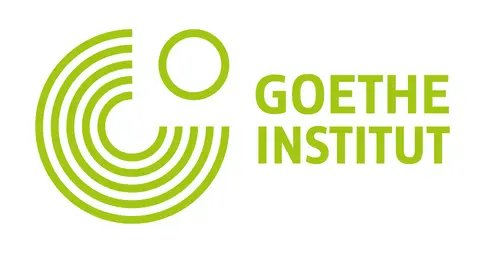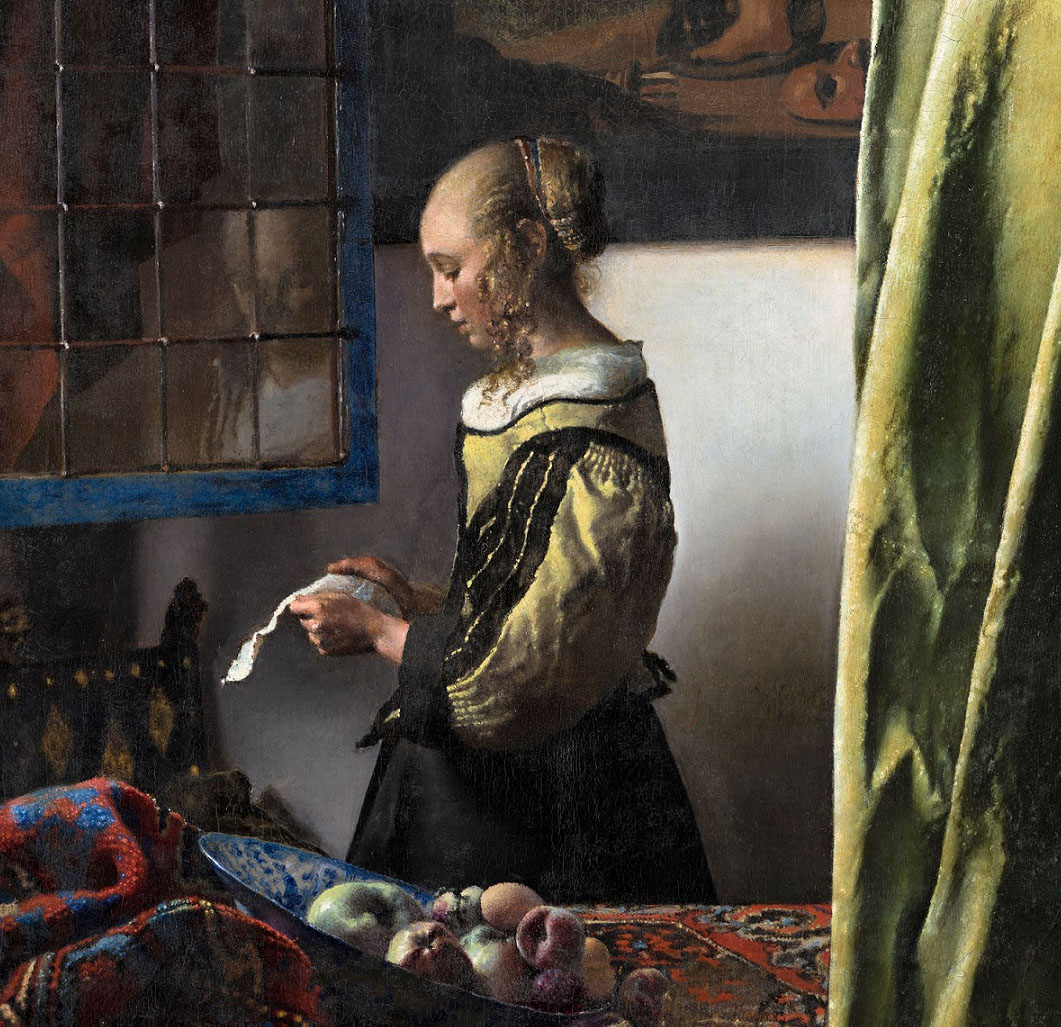
Decoloniality in Ukraine: Is there still a place for a ‘soviet soldier’ in historic memory?
Online Panel Discussion: 1st of December 2022, 3 p.m. (duration 2 hours), live on SKD website and youtube
Livestream
Wenn Sie unsere YouTube- oder Vimeo-Videos abspielen, werden Informationen über Ihre Nutzung von YouTube bzw. Vimeo an den Betreiber in den USA übertragen und unter Umständen gespeichert. Zudem werden externe Medien wie Videos oder Schriften geladen und in Ihrem Browser gespeichert.

Online
The title of the discussion refers to the explosion of the Monument to the "Soldiers of law and order" that happened in the centre of Mykolayiv on October 19, 2022. This case brings to the fore the question of dealing with an uncomfortable past, unspoken pages of history, practices of exclusion and strategies of negation. In this context the figure of a soldier becomes a metaphor for thinking about the Soviet as such in historic memory of the country which is trying to rapidly realize the process of decolonization.
Decolonization seems to become an urgent agenda of this year that at the same time makes us reflect and figure out the terminology itself, if and in which way we can imply this terminology in the context of Ukraine? How and if we are capable of starting this process in the hot phase of the war and Russian invasion in Ukraine? Is it possible to avoid the practices of exclusion and stigmatization when we deal with the uncomfortable past?
The discussion addresses the possibilities of building a conversation about the uncomfortable past notwithstanding the resistance to the oppressor. It questions what artists, researchers, and cultural practitioners can do in terms of building complex, multi-layered and non-linear narratives? In the situation of the overdue talk about decoloniality, the discussion proposes to think of possibilities of keeping the complexity of a narrative without losing the own subjective voice.
Speakers: Yevgenia Belorusets, Mischa Gabowitsch, Nikita Kadan, Valentinas Klimašauskas, Doreen Mende (SKD)
Moderator: Tatiana Kochubinska
Image
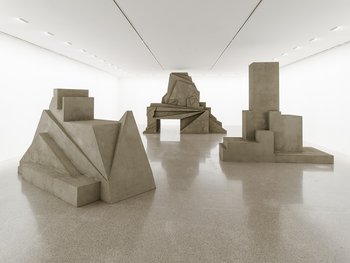
Speakers
Yevgenia Belorusets is a Ukrainian artist, writer, and photographer born in Kyiv in 1980. In her works, she calls attention to the most vulnerable sections of Ukrainian society. Yevgenia is a co-founder of the journal Prostory, a member of the interdisciplinary curatorial collective Hudrada, an author of the photo series Victories of the Defeated and books Lucky Breaks (recipient of the International Literature Award — Haus der Kulturen der Welt in 2020) and Series of Lectures on the Modern Life of Animals. Her works meet at the intersection of visual art, literature, journalism, and activism making a solid connection between document and artistic language. The most recent work The War Diary was presented alongside the wartime work of Ukrainian artists Nikita Kadan and Lesia Khomenko on the occasion of their exhibition at the 59th Venice Biennale.
Mischa Gabowitsch is a historian and sociologist. He is currently a Lise Meitner Fellow at the University of Vienna’s Research Center for the History of Transformations and a visiting fellow at the Institute for Human Sciences (IWM) in Vienna. His main research interests are in commemorative practices, war memorials and military cemeteries, as well as protest and social movements. He is currently completing a book manuscript co-authored with Mykola Homanyuk (Kherson State University) about the treatment of war memorials in Russian-occupied Ukraine, and is also writing a book about war commemoration in the Soviet Union and its successor countries and a history of Soviet war memorials. He has edited several volumes about the commemoration of war and atrocities in English, German, and Russian, and is the author of "Putin kaputt!? Russlands neue Protestkultur" (Suhrkamp, 2013) and "Protest in Putin's Russia" (Polity Press, 2016).
Nikita Kadan (1982) graduated from the National Academy of Fine Art (Kyiv) where he studied in the department of monumental painting under professor Mykola Storozhenko. Nikita Kadan works with sculpture, painting, graphics, and installation, often in interdisciplinary collaboration with architects, historians and human rights activists. He is a member of the artist group R.E.P. (Revolutionary Experimental Space) and founding member of Hudrada (Artistic Committee), a curatorial and activist collective. Kadan lives in Kyiv. His works were presented in group and individual exhibitions i.a. in the DAAD galerie in Berlin, in Centre Pompidou in Paris, in MUMOK in Vienna, in the M HKA – Museum of Contemporary Art Antwerp, in GFZK Leipzig, in the Kunsthaus Zürich and in the Ukrainian Pavilion of the 56th Biennale Venice in 2015.
Valentinas Klimašauskas is a curator and writer. Together with João Laia he curated “The Endless Frontier”, the 14th Baltic Triennial at CAC Vilnius (2021). With Inga Lāce he curated “Saules Suns”, a solo exhibition by Daiga Grantina for the Latvian Pavilion at the Venice Biennale (2019), worked as a Program Director at Kim? Contemporary Art Centre, Riga (2017/18), and was a curator at CAC, Vilnius (2003-13). Currently, he is the curator at large at Springs.video, a moving image streaming platform that also serves as an educational and curatorial archive.He is the author of “Oh, My Darling & Other Rants” (The Baltic Notebooks of Anthony Blunt, 2018), “Polygon” (Six Chairs Books, 2018), and “B” (Torpedo Press, 2014).
Tatiana Kochubinska is an independent curator, writer, and lecturer, whose work focuses on Ukrainian contemporary art. She has worked as a curator on the Research Platform of the PinchukArtCentre and on the center’s exhibition and publication programs. As a curator, Tatiana is particularly interested in questions of responsibility, Soviet history and its relationship to today’s society. In recent years, she has collaborated with various cultural institutions, designed courses on contemporary art, co-developed curatorial residencies together with Artsvit Gallery (Dnipro, Ukraine), and co-edited a special issue about Ukrainian art and society after 2014 at the invitation of Obieg Magazine. Tatiana also became a member of the curatorial team of the International Coalition of Cultural Workers Against the War in Ukraine https://antiwarcoalition.art/.
Program
Sponsors and Partners
This project was made possible with a grant from the Culture of Solidarity-EUNIC Ukraine Fund, in partnership with the European Cultural Foundation and EUNIC with core financing led by the Goethe-Institut and additional funding by the Institut français and Instituto Cervantes.
Partners and Sponsors
Partners and Sponsors
